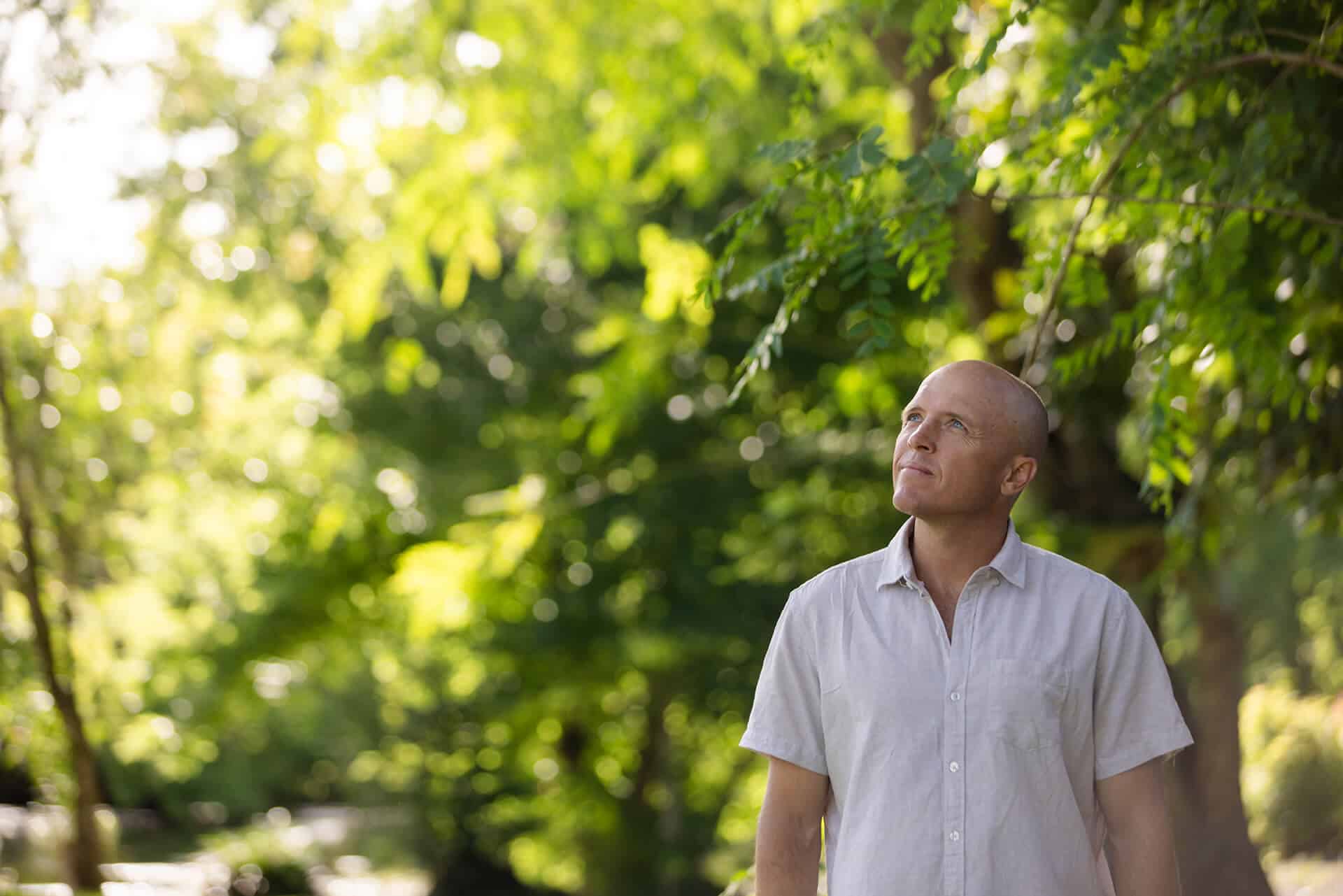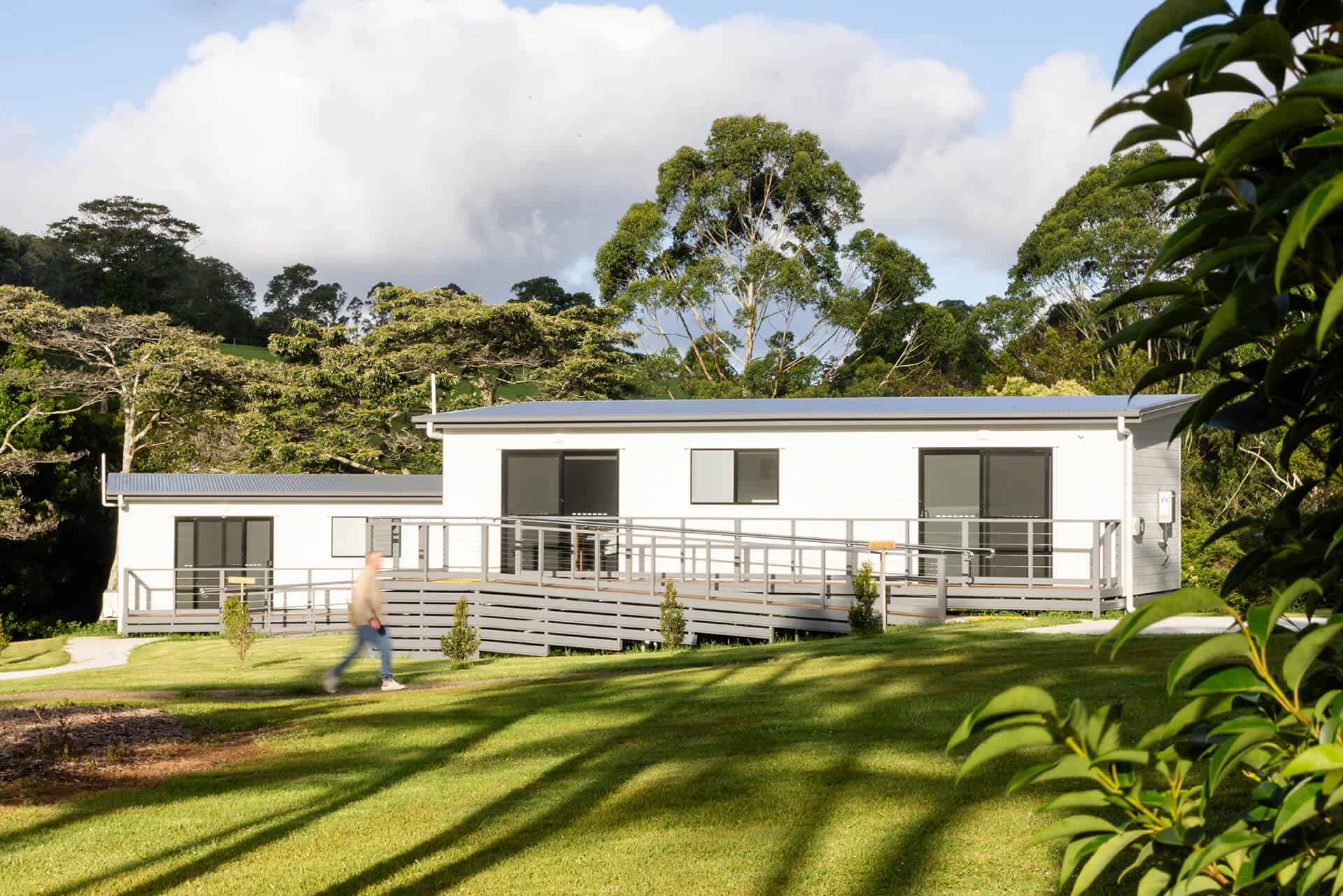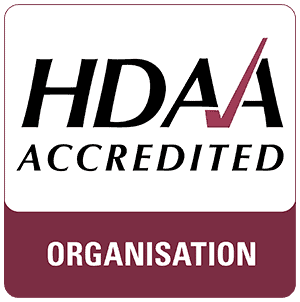





Private, person-centred care for people navigating depression, with a focus on recovery and reconnection.



When you’re living with depression, even the smallest things can feel overwhelming. Getting out of bed. Returning a text. Making sense of your emotions. You might feel stuck, numb, exhausted, or like you’re watching life from the sidelines.
At Palladium Private, we understand the heaviness that depression brings, and we’re here to offer a different way forward.
Our private depression treatment centre supports individuals experiencing depression to uncover the root causes of their suffering, regain a sense of agency, and gently rebuild from the inside out. Whether your depression is situational, long-term, or co-occurring with anxiety, trauma, or addiction, our approach is grounded in compassion, evidence, and respect for your unique experience.
Through a personalised, multidisciplinary program, you’ll be guided by a team of experienced professionals who are committed to helping you regain control. You don’t have to carry this alone.
Depression is more than low mood or lack of motivation. It is often a response to something deeper, whether that’s unresolved trauma, chronic stress, burnout, grief, or long-standing emotional patterns. At Palladium, we take the time to understand what has led you to this point, so we can work with you to shift it.
Rather than focusing only on symptom relief, we explore the underlying drivers of your experience and help you build emotional awareness, healthier coping strategies, and a stronger sense of self.
True recovery is not just psychological. Depression can affect energy levels, appetite, sleep, immune function, physical health, and more. That’s why we draw on a holistic, evidence-based model that nurtures every part of you.
Your program may include psychological therapy, mindfulness practices, nutritional and physical wellbeing support, as well as creative and somatic therapies. Each inclusion is chosen to support your body and mind in working together toward better emotional regulation and greater resilience.
Every client at Palladium is supported by a multidisciplinary team who are genuinely invested in your progress. This include practitioners such as a therapist, counsellor, yoga instructor, nurse, and personal trainer.
From your first assessment to the day you leave, your program is guided by professionals who take the time to understand what you’ve been through and what you need to move forward. Many of our team members also bring lived experience of mental health recovery. They know what it’s like to feel stuck, flat, or disconnected from life—and they know that healing is possible, because they’ve walked the path themselves.
You won’t be met with judgment or textbook answers. Just real, compassionate support from people who get it.
Your environment plays a key role in healing. At Palladium Private, you’ll find yourself surrounded by nature in a peaceful, purpose-built facility that allows for rest, reflection, and reset. Clients often tell us that simply being in this space helps them reconnect with themselves in a way they haven’t for years.
By stepping away from the pressures and expectations of daily life, you create room for clarity, self-understanding, and meaningful change to emerge.
Our residential depression treatment program provides a calm, structured environment for deep therapeutic work, free from everyday stressors and distractions. It’s a space to pause, process, and begin again, supported by people who genuinely care.
You’ll work closely with a treating therapist, and team of allied health professionals. Each client receives a personalised treatment plan that addresses the emotional, physical, and psychological dimensions of depression.








This whole-person approach allows you to explore the patterns behind your depression, discover new ways to manage your emotions, and take real steps toward a more hopeful, connected life
Taking the first step can feel daunting—but it doesn’t have to be. We’ll walk you through program options, availability, costs, and available funding streams—so you have everything you need to make the decision that’s right for you or someone you care about.
01
Enquire: Submit the form or call 1300 573 095.
02
Complete Questionnaire: Help us match you with the right program.
03
Choose Funding: Explore self-funding, super or DVA options.
04
Confirm Admission: Secure your place and prepare to begin.
05
Arrive & Detox (If Needed): Begin with supported detox if required.
06
Begin Program: Orientation, assessments, and your tailored schedule.
You don’t have to navigate this alone. Whether you’re reaching out for yourself or someone you care about, our experienced intake consultants are here to listen — without judgment or pressure.
You deserve expert care, and we’re ready when you are. One conversation is all it takes to begin.
Palladium Private offers support for various forms of depression, including major depressive disorder, situational depression, post-partum depression, treatment-resistant depression, and depression linked with trauma, anxiety, or substance use disorder. We tailor each program to your personal history and clinical needs, whether this is your first time seeking help or part of an ongoing recovery journey.
We use a multidisciplinary, evidence-based approach that combines psychological therapy, medical support, and holistic modalities. This includes one-on-one sessions with a therapist or counsellor, as well as complementary practices such as mindfulness, breathwork, creative therapies, and physical wellbeing support.
Many clients come to us after trying medications or outpatient therapy that haven’t brought the change they hoped for. Our residential model offers a deeper level of care and the opportunity to step away from day-to-day pressures so you can focus on healing. The combination of structure, support, and clinical expertise — delivered in an NSQHS-accredited facility — is often what helps things finally start to shift.
We regularly support clients who are living with both depression and substance use disorder. Our integrated programs are designed to treat co-occurring conditions in a way that recognises the connection between emotional pain and coping behaviours. You’ll have access to addiction-specific support alongside psychological therapy, medical care, and holistic interventions, all delivered within a safe and non-judgemental environment.
You can learn more about how this works in our Program Overview.
Not at all. While privacy and personal space are respected, clients are supported by a caring team and welcomed into a therapeutic community of people on similar paths. Group sessions, shared meals, and gentle social connection are an important part of the recovery process. You’ll never be expected to engage before you’re ready, but you won’t be alone.
When it all feels like too much, something needs to change.
Whether it’s for you or someone you love, you don’t have to keep living this way.
There is a path forward. Let’s take the first step together.